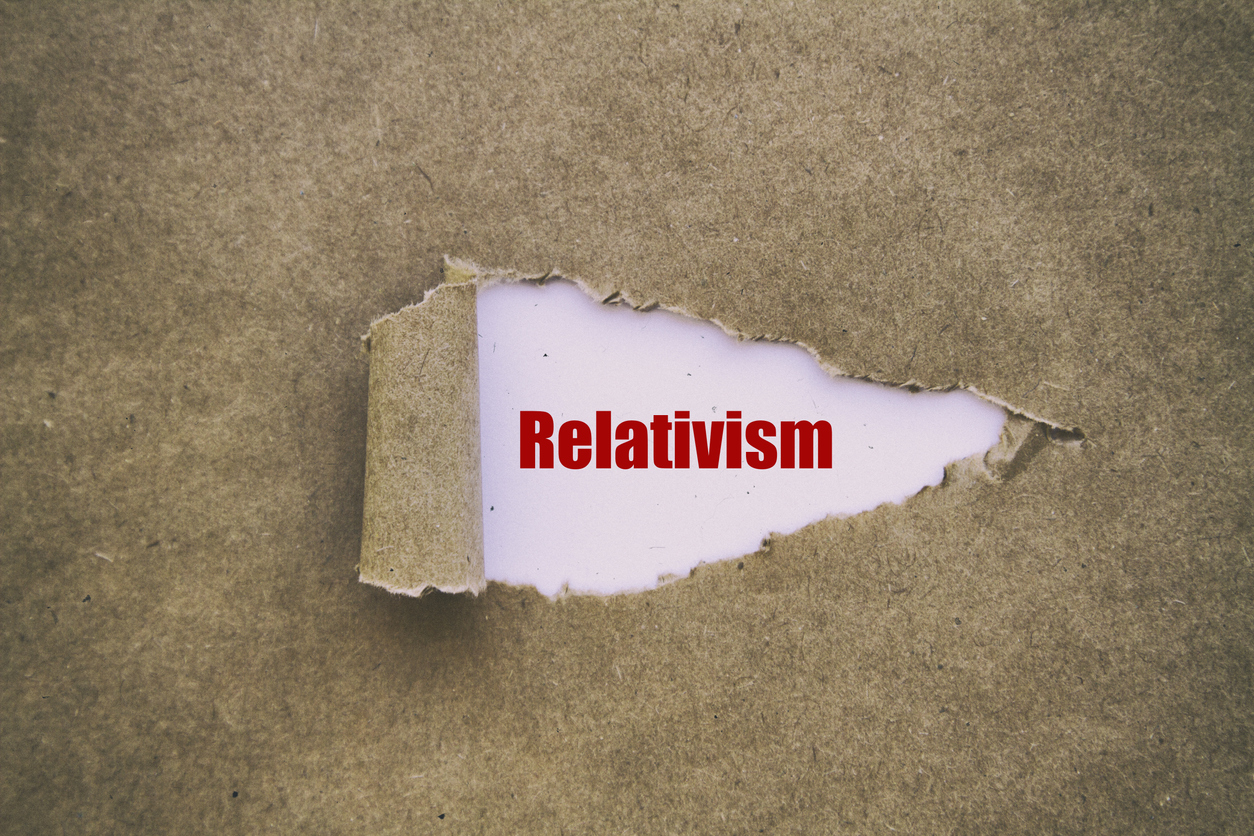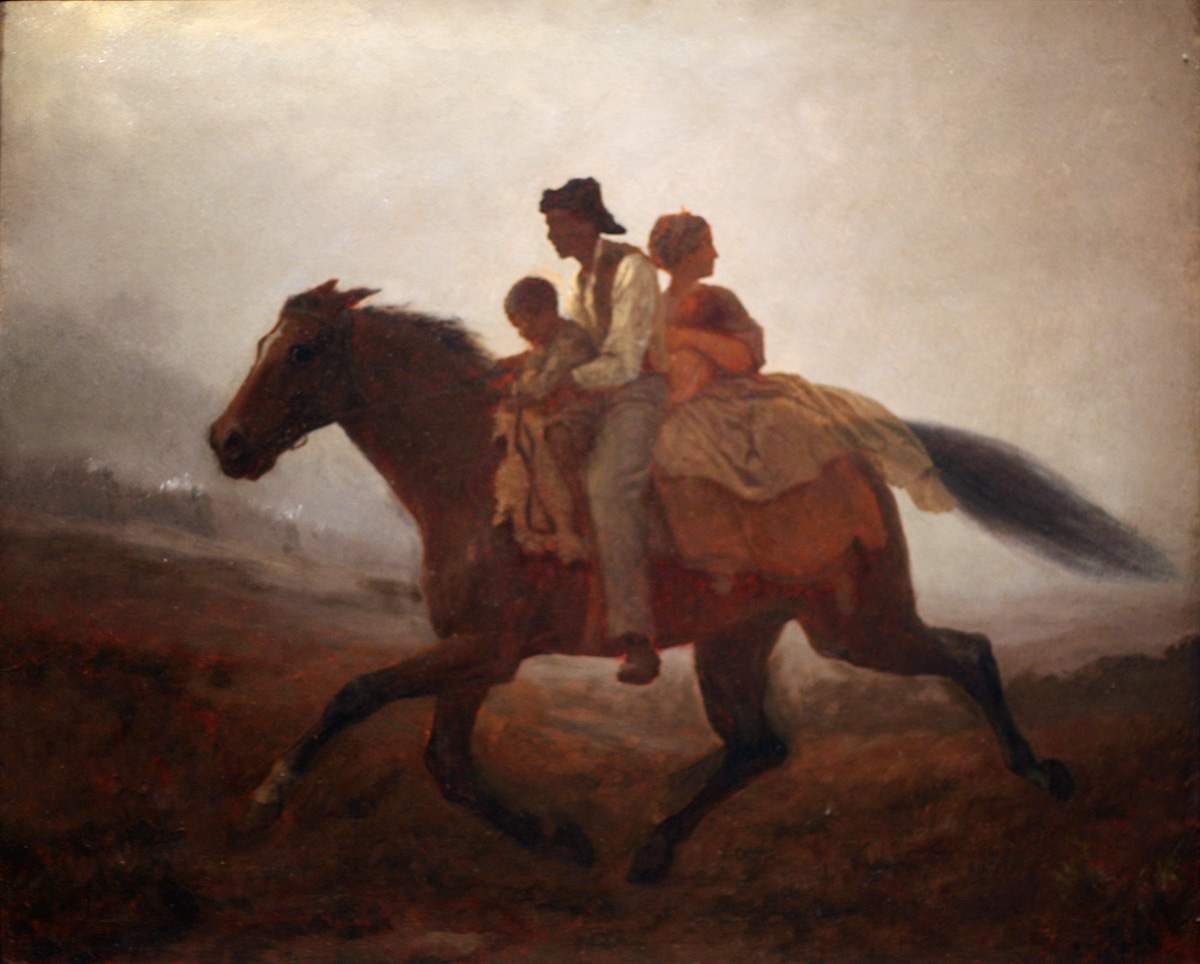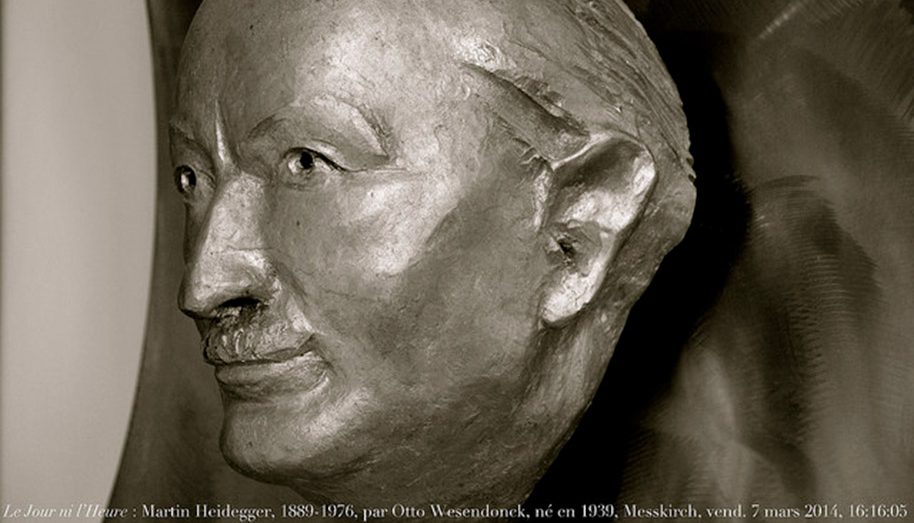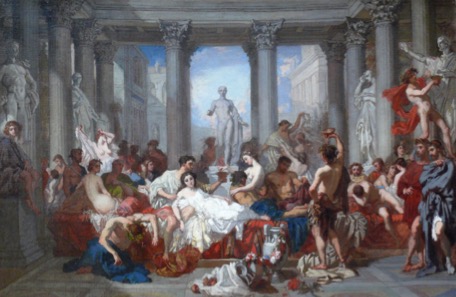Since Jaffa wrote "Reichstag" in 1989, the campus left has adorned its ideology with a few new terms—but its underlying relativism remains the same.
Our Perverse Puritanism: It’s Not Relativism—It’s Religion.
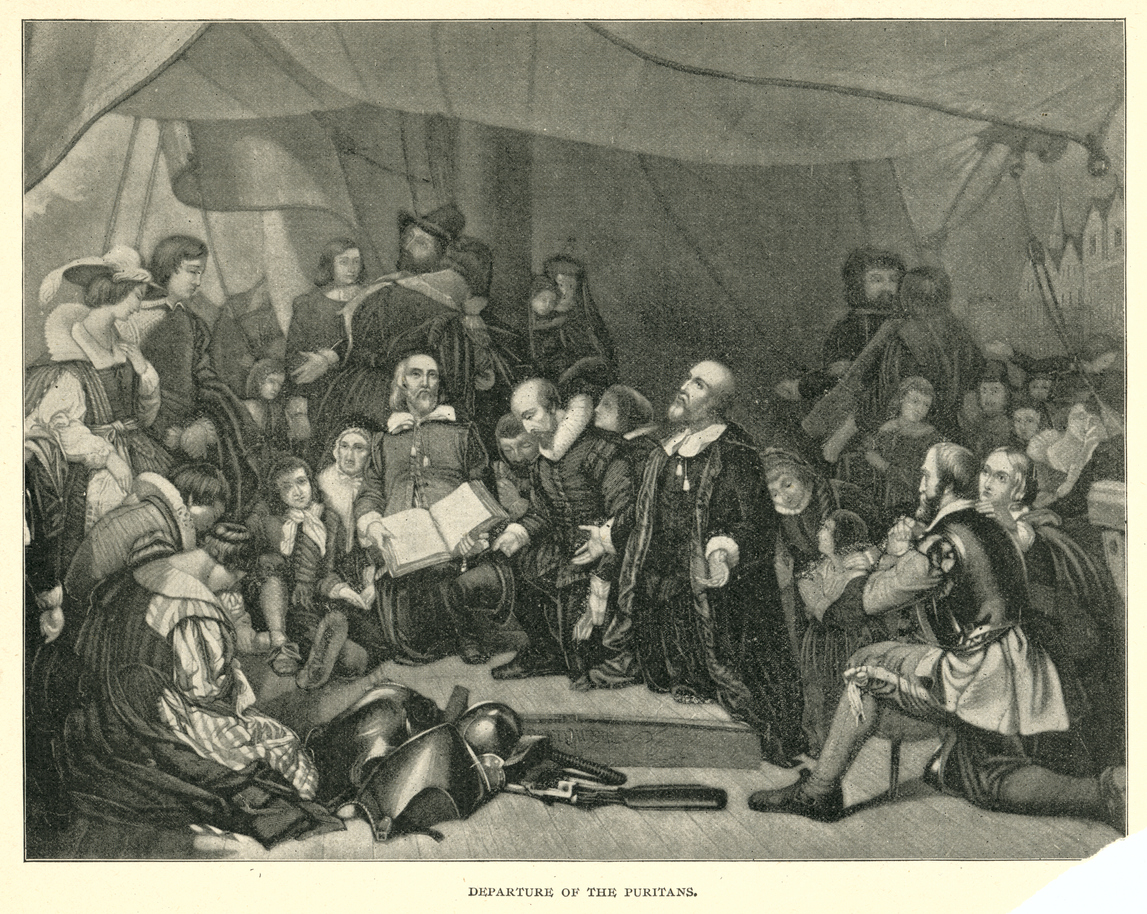
"Relativism," contra Jaffa (and Bloom), was merely administrative compromise. But the academy no longer believes all sin is relative...
My initial response upon reading Harry Jaffa’s valedictory lecture “The Reichstag is Still Burning” was relief. It is a staple practice in conservative media to lament how intolerant, even violent our campuses have become. Yet no one today fears bombs or arson as a penalty for expressing unpopular opinions. Universities came closer to collapse in the late ‘60s and early ‘70s than at any other time in their history. The current situation is tranquil by comparison.
My next reaction was, if not incredulity, then the condescension that younger generations are inclined to extend to their elders. Specifically, Jaffa’s diagnosis of relativism as the modern academy’s underlying disease is rather quaint. Jaffa asserts, “There is one thesis that is dominant in the liberal arts curricula to-day…that there is no objective knowledge of, or rational ground for distinguishing good and bad, right and wrong, just and unjust.” Unless we accept the specific—and controversial—account of “objective knowledge” and “rational ground” that Jaffa goes on to adumbrate, I do not think this statement is very helpful.
Jaffa inherited his emphasis on relativism from Leo Strauss, whom he quotes or paraphrases several times. In Strauss’s assessment, the “crisis of our time” was the consequence of the criticism and eventual abandonment of the concept of natural right. According to Strauss, this process began with Machiavelli but reached its climax in the national socialist takeover of Germany.
A refugee from that takeover whose family perished in the Holocaust, Strauss feared for the future of the United States. Mediated by Max Weber and other respectable social scientists, Strauss suggested, dangerous ideas were being adopted by the well-intentioned but astonishingly naïve faculty and students of American universities. Strauss made it his mission to combat their influence by establishing a school of teachers who understood the roots of the crisis—and knew how to present the ostensibly classical alternative.
Harry Jaffa was an early convert to that school, as was, a bit later, Allan Bloom (with whom Jaffa had a famously contentious relationship). Like Strauss, they insisted not only that relativism was an inevitable consequence of the turn away from natural right, but also that the United States was at risk of following the German path. The suggestion that relativism leads to nihilism, and nihilism to tyranny frames both men’s writing. It is present in the very title of this lecture: “the Reichstag is still burning.”
There was a period when the Straussian diagnosis seemed acute. On campuses under attack from Panthers and Weathermen, one might reasonably have wondered whether the storm troopers had finally arrived Southern California or Upstate New York. That moment proved fleeting, however. Chastened by real violence, academic fashion turned away from quasi-Marxist militancy and toward the intellectual fads of deconstruction and postmodernism. Jaffa acknowledges this development in his lampoon of “Mr. Goodlyfe,” the mascot of the vacuous curriculum CMC adopted in the late ‘70s, partly to avoid further controversy. What Bloom called “nihilism, American style” turned out to be remarkably soft, fatal to nothing but the time and mental effort that it squandered.
It was never all that plausible, moreover, that learned arguments about abstruse doctrines should have such direct political consequences, especially in a setting so culturally and geographically distant from their source. J.M. Keynes famously quipped that “[p]ractical men who believe themselves to be quite exempt from any intellectual influence, are usually the slaves of some defunct economist.” Strauss suggested a similar relationship of dominance, with political philosophers taking the place of economists. Yet Strauss never did much to trace the complex networks of reception that might explain how, say, Machiavelli’s implicit critique of Aristotle took hold of American civil society five hundred years later. Some of these details were filled in later, notably in studies of the Progressive movement by Jaffa’s students. But the emphasis on foreign, especially German, influence in many such studies neglects the possibility that American problems might have distinctly American origins.
I think that’s a better explanation for the predicament of the American academy than the alleged influence of Marcuse, Heidegger, Weber, Nietzsche, or Hegel. Rather than relativism derived from the philosophical critique of natural right, today’s “wokeness” phenomenon is more usefully understood as a secularized version of the Puritanism that America’s leading colleges and universities were founded to promote.
Consider some key terms in our debates about race and gender: guilt, debt, responsibility, accuser. This isn’t the language of moral equivalency or indifference. It is a vocabulary of sin that owes more to Christian theology than it does to skeptical (not to say atheist) modern philosophy. The public performance of campus movements of protest and disruption also has a religious quality. Instead of threatening enemies with destruction, it demands their participation in rituals of atonement that almost invariably begin with an apology—that is, a confession of the sinner’s unworthiness of forgiveness.
To his credit, Jaffa notes that the relativism of the academic left is intertwined with a kind of secularized religiosity. Along with its injunction to recognize the equal dignity of all cultures, it demands the acknowledgement of “a collective unconscious ethnocentrism which constituted something very much akin—or so it seemed—to Original Sin.” Toward the end of the lecture, he even describes a scene at Yale, where students were invited to enter various “‘closets’ from which initiates ritualistically emerge. This seems to symbolize the baptism of the spirit by the new religion of relativism…. This is the heart of the new—and vigorously intolerant—Puritanism on our campuses.” The Calvinists of old New England would not have accepted the same view of the sources of man’s guilt. But I think they would have recognized the impulse.
For this reason, it is misleading to classify academic leftism as a revolt against the university or against America. Rather than a will to destruction aroused by subversive outsiders, it is a perverse return to the origins of American higher education, and perhaps American culture more broadly, in the radical exposure and purgation of a millennium of sin. Relativism, especially in the cheerful form represented by Mr. Goodlyfe, was largely administrative compromise intended to prevent, or at least to blunt, the quarrel between substantive conceptions of just and unjust, good and evil. It was Jaffa’s great service—and our duty today—enter that quarrel in all its seriousness.
The American Mind presents a range of perspectives. Views are writers’ own and do not necessarily represent those of The Claremont Institute.
The American Mind is a publication of the Claremont Institute, a non-profit 501(c)(3) organization, dedicated to restoring the principles of the American Founding to their rightful, preeminent authority in our national life. Interested in supporting our work? Gifts to the Claremont Institute are tax-deductible.
We may never find a grand, unified theory of the “single truth," but we do not need it to know that men are not horses and beauty is truly good.
Without a common understanding of the human person and the human good, academia is reduced to job training, politics, or consumerism.
Both the burning of the Reichstag and the decline of the American university resulted from the choices of philosophers. Jaffa’s final address is a condensed version of the book Allan Bloom should have written, but couldn’t.
Absent the teaching of human truth, absolutism preys on our atomized youth.
What's the Root of Academic Rot?

